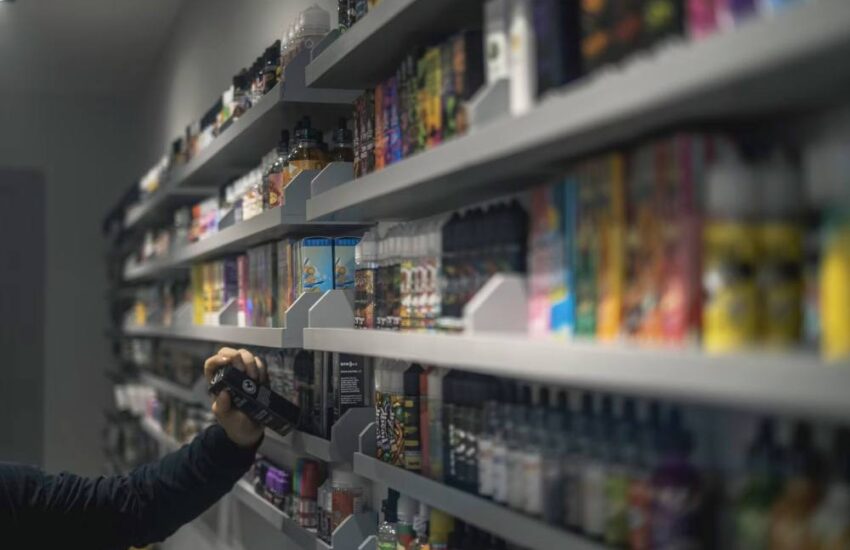How Hackers are Using Fake COVID-19 Maps to Give People Malware
Another scam? Scams are always happening and are something to look out for. In today’s world of COVID-19, the scam alarm is ringing more than ever. Several sites with fake COVID-19 tracker maps have been known to infect the computer with malware, preying on the unsuspecting. Capitalizing on the fear of the virus, scammers have found fertile soil in which do their hacking.

What Are Reliable Sites?
If you are tracking the cases with the help of a map obtained from Johns Hopkins University or The New York Times, you are using reliable trackers that can be trusted. Seeking the latest information, people are now swarming to these sites to learn more about how COVID-19 is spreading or being contained.
The Bad Guys
Maps are being used, according to cybersecurity firm Reason Labs and Tech Radar, as hackers spread links to those looking for information. Hackers circulate the links to these malicious websites through social media or emails that are misleading. After opening the link, a person is directed to open a computer program that can infect their device; this is AZORult malware, which was designed in the past. It steals such data as personal banking information and logins.
Researcher Shai Alfasi, from Reason Labs, commented that it is a common technique and will probably be seen in the future as well as at present; he also said that corona malware will be with us for a while.
Phishing emails, appearing to come from the Centers for Disease Control and Prevention or World Health Organization, ask for sensitive information; they might instruct people to click on a suspicious link and open malicious attachments.
The best way to be sure of one of the new websites that are popping up all over, is to use a COVID-19 scame website checker to see if it can be trusted. Easy tools are available to see if a website is a scam or not.
What the Future Holds
We don’t exactly know what the future holds, except that there will always be schemes from hackers who prey on those who worry about the present outbreak. In fact, security researchers have been witness to a rise in phishing scams; hackers pose as health authorities who provide information about COVID-19. This is done in order to trick people to hand over their login credentials.
Phishing emails might ask for personal information; they might instruct people to click on a questionable COVID-19 link and open an attachment that could contain malware.
The next time you see a link to a map with statistics for the corona virus, make sure
that the website and maps are reliable before you click on it. Fake corona virus maps are the vehicle for malware and are victimizing those in the midst of worry. You don’t need to be one of those who have been scammed.
These maps are an addition to malicious shopping scams, buying unproven health products, donating to fake charities and other schemes to help worried people be parted from their hard-earned money during the time of COVID-19. Be careful and be smart.


